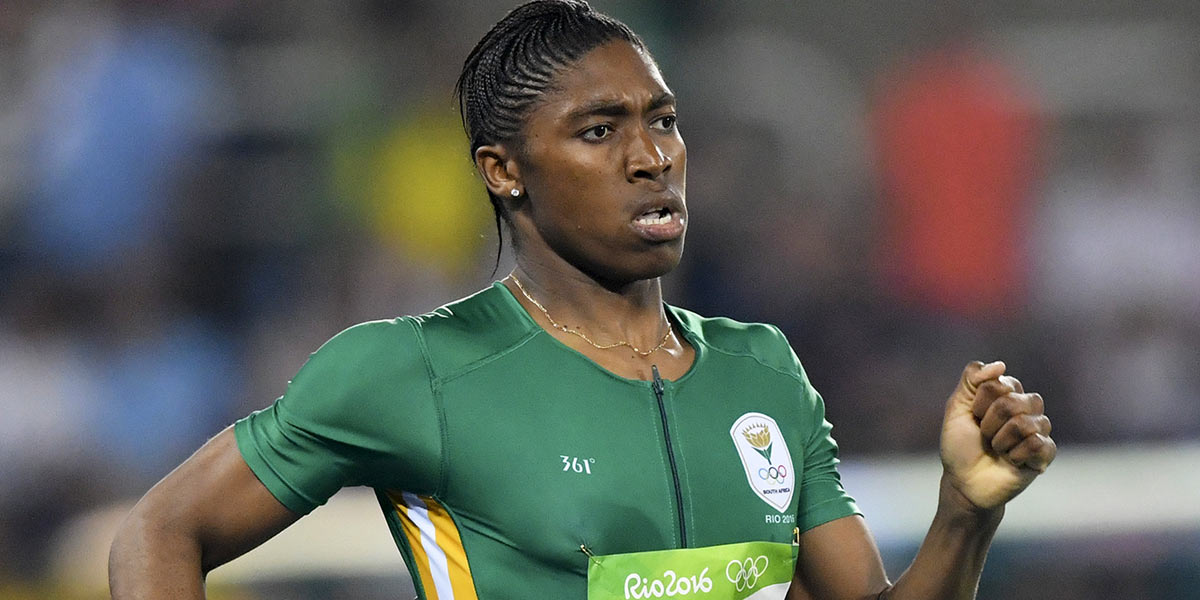SAHRC & Gender Commission slam “injustice” against Caster Semenya

Caster Semenya (Shutterstock.com)
The South African Human Rights Commission (SAHRC) and the Commission for Gender Equality (CGE) say that demanding that Olympian Caster Semenya medically reduce her testosterone levels to compete could amount to torture.
The Chapter Nine institutions met on 15 September to address Semenya’s loss in her appeal at Switzerland’s Federal Supreme Court against policies that aim to medically restrict testosterone levels in female runners.
The CGE and SAHRC believe the outcome amounts to a severe violation of the right to bodily integrity, human dignity and privacy of athletes like Semenya whose bodies, through no fault of their own, produce what some consider high levels of testosterone.
Describing this as an “issue of gross human rights violations,” the organisations said the matter is more than an individual fight for Semenya but one that affects Black women in developing countries.
“It is about restoring her human dignity and rights to participate and have income from sport, as well as rights of other athletes, who have also been discriminated and prejudiced by the new International Association of Athletics Federations (recently renamed World Athletics) discriminatory regulations that came to effect in 2019,” they asserted in a statement.
The institutions’ opposition is based on their conviction “that the effects and impact of this new regulation will be detrimental and therefore amount to a severe violation of the rights of female athletes like Caster Semenya whose body produces what is considered by World Athletics ‘unnaturally high’ levels of testosterone.”
They argue that the implementation of the regulations denies athletes with variations in sex characteristics an equal right to participate in sports and “may amount to violations of the right to freedom from torture and other cruel, inhuman or degrading treatment or punishment.”
The UN Special Rapporteur on torture and other cruel, inhumane or degrading treatment or punishment has emphasised that while the World Athletics regulations do not force athletes to undergo any assessment or treatment, they leave athletes with the choice of either being subjected to medically unnecessary treatments or not being able to compete. Such treatments also entail the risk of harm to physical and bodily integrity.
The CGE and SAHRC said they will jointly engage with President Ramaphosa in his capacity as the Chairperson of the African Union, various ministries, Parliament, activists, other stakeholders and the United Nations “to mount a global and national advocacy and support for women athletes like Caster Semenya and anyone else who falls foul of the new IAAF’s regulation.”
In the wake of the failed appeal, Semenya and her lawyers are now considering their options. The World Medical Association (WMA) has called on physicians to take no part in implementing the World Athletics regulations and has demanded their immediate withdrawal.
Leave a Reply